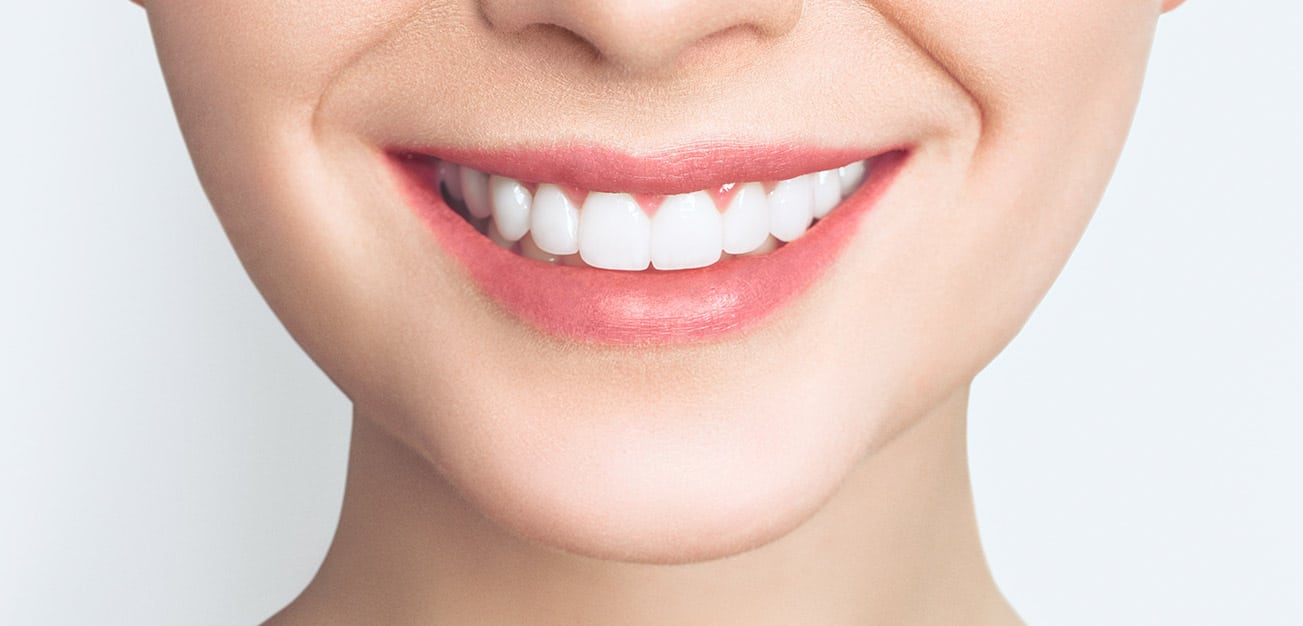VITAMIN D & HEALTH
Benefits of Vitamin D on Oral Health
We know that calcium is good for teeth – but did you know that Vitamin D plays a crucial part in ensuring optimal oral health? Let us look at how Vitamin D can benefit our teeth.1
1. Absorption of Calcium and Phosphorus
The main function of Vitamin D is to help our body absorb and retain nutrients like calcium and phosphorus, both of which are essential for healthy teeth. Calcium helps our teeth fight off decay by helping to maintain a protective layer of enamel.2 Phosphorus works closely with calcium to protect our teeth. Without phosphorus, our body will not be able to use calcium optimally.3 Thus with them absent, our teeth will be susceptible to tooth decay and periodontitis, which are our next two points.
2. Prevention of Tooth Decay
Tooth decay happens because of the buildup acid from plaque. When untreated, this can cause serious oral issues like cavities, gum diseases, and inflamed gums due to pus.4 Although there are proper procedures and medication for these issues, prevention is always better than cure.
Having optimal Vitamin D intake ensures that our teeth can maintain a protective layer of enamel that helps guard against tooth decay. To generate and maintain the protective layer of enamel, our teeth require phosphorus and calcium which is absorbed and retained with the help of Vitamin D.5
3. Prevention of Periodontitis
Periodontitis which is also known commonly as gum disease is an infection in the gum that if left untreated, could potentially cause a loss of tissue and bone. This leads to the loss of one or more teeth. Like tooth decay, periodontitis is also easily preventable as it is usually caused by various issues like poor oral hygiene, genetics, diabetes, and a lack of nutrients – just to name a few.6
In this case, having a sufficient intake of Vitamin D can help decrease the chances of gum disease. Vitamin D is essential for bone metabolism, reducing inflammations, and protecting your teeth against harmful bacteria building up in your mouth.7
How do I ensure that I’m getting enough Vitamin D?
Adults are recommended 600 international units (IU) of Vitamin D daily with it increasing to 800 IU once they’re above 70 years old and above.8 The higher Vitamin D requirements when you’re older are due to the fact that your body has a higher risk of bone-related issues like osteoporosis.9 To ascertain if your body is getting enough Vitamin D, we have to look at many factors from lifestyle, diet, existing medical condition, and even the location you’re staying in as they affect your intake of Vitamin D. For example, our bodies create Vitamin D from the sun – however, people living in places with minimal hours of sunlight would require a higher intake of Vitamin D from other sources.10
To ensure we’re getting sufficient Vitamin D, we can choose to take supplements or to include more Vitamin D-rich foods in our diet. Some examples of Vitamin D rich foods are oily fishes like salmon, beef liver, and Vitamin D fortified dairy products to name a few.11
Should I take vitamin D supplements to ensure optimal oral health?
There are many factors when it comes to oral issues, it is advisable to seek help from a professional to ascertain the root of the problem. Not all oral issues are attributed to Vitamin D deficiency. However, taking Vitamin D supplements has long-term benefits to not only your oral health but also your bones. Before deciding whether to take supplements, it is advised to seek professional advice from doctors on the amount of dosage you’d require.
Unsure if you require Vitamin D supplements? Consult one of our experts today!
References
1) Colgate. “Benefits of Vitamin D for Your Teeth.” Available at:
https://www.colgate.com/en-sg/oral-health/threats-to-dental-health/vitamin-d-and-the-effects-it-has-on-your-oral-health. Accessed 26 January 2023.
2) Delta Dental of North Carolina. “Benefits of Calcium for Teeth | Delta Dental NC Blog.” Available at:
https://www.deltadentalnc.com/ddnc-blog/the-essential-mineral-for-a-healthy-smile/ Accessed 26 January 2023.
3) Michael G. Landy DDS. “4 Minerals That Matter to Your Teeth. Available at:
”https://www.drmlandy.com/4-minerals-that-matter-to-your-teeth. Accessed 26 January 2023.
4) NHS Inform. “Tooth decay. Available at:
https://www.nhsinform.scot/illnesses-and-conditions/mouth/tooth-decay. Accessed 26 January 2023.
5) DentaMedica®. “The Benefits Of Vitamin D For Your Teeth And Overall Oral Health.” Available at:
https://dentamedica.us/the-benefits-of-vitamin-d-for-your-teeth-and-overall-oral-health/. Accessed 26 January 2023.
6) The Johns Hopkins University, The Johns Hopkins Hospital, and Johns Hopkins Health System. “Periodontal Diseases” Available at:
https://www.hopkinsmedicine.org/health/conditions-and-diseases/periodontal-diseases. Accessed 26 January 2023.
7) Jagelavičienė, Eglė. “The Relationship between Vitamin D and Periodontal Pathology.” Available at:
https://www.ncbi.nlm.nih.gov/pmc/articles/PMC6122115/. Accessed 26 January 2023.
8) Orrange, Sharon, et al. “How Much Vitamin D Should I Be Taking a Day and How Much Is Too Much?” Available at:
https://www.goodrx.com/well-being/supplements-herbs/how-much-vitamin-d. Accessed 26 January 2023.
9) Lewis, Kara. “Vitamin D for Elderly Adults: 5 Benefits.” Available at:
https://www.aplaceformom.com/caregiver-resources/articles/vitamin-d-deficiency. Accessed 26 January 2023.
10) The President and Fellows of Harvard College. “9 things that can undermine your vitamin D level.” Available at:
https://www.health.harvard.edu/healthbeat/9-things-that-can-undermine-your-vitamin-d-level. Accessed 26 January 2023.
11) The President and Fellows of Harvard College. “Vitamin D | The Nutrition Source | Harvard T.H. Chan School of Public Health.” Available at:
https://www.hsph.harvard.edu/nutritionsource/vitamin-d/. Accessed 26 January 2023.
RELATED ARTICLES









